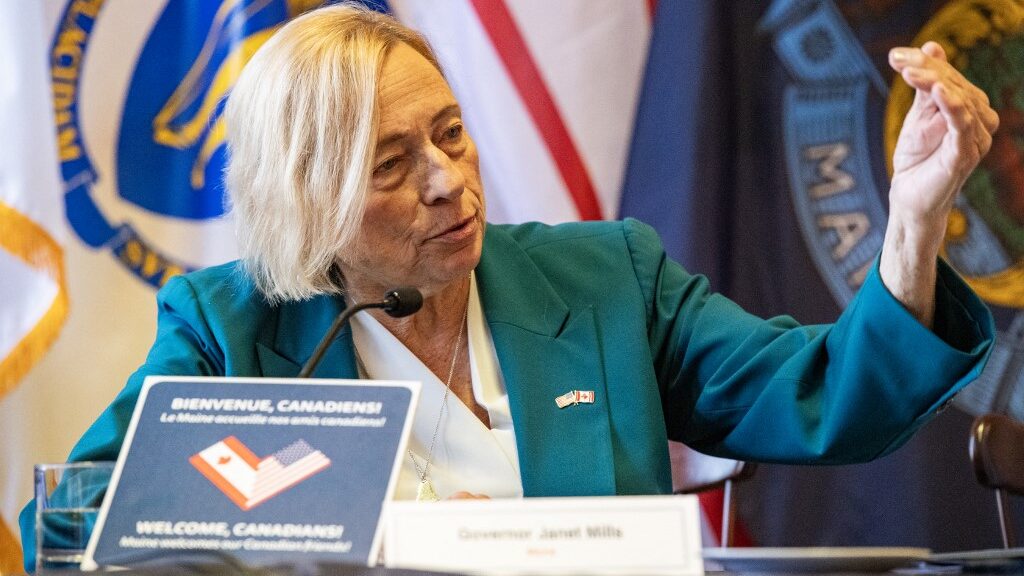
The Empire State’s Native American tribes were left out of the negotiations when the legislature was hammering out a bill for online and mobile wagering. However, a year has now passed since the online platform providers launched sports betting in New York to the masses and the tribes want a seat at the table.
Second Chance
The numbers are every bit as staggering as the New York legislature and the nine online sportsbooks believed they would be when online sports betting launched. In the first calendar year, over $16 billion was wagered, giving the platform providers $1.36 billion while the state reaped $700 million in taxes.
The tax rate is a whopping 51% and although many of the online sportsbooks grouse about kicking back the highest percentage in the nation to the state, everyone is making enough money to grin and bear it. At least for the time being.
However, when the negotiations were underway, the tribes were not part of the equation, but there is now an attempt to include them in the lucrative online market that eluded them the first time around. Assemblyman J. Gary Pretlow and state Senator Joe Addabbo were among those who wanted the tribal nations to be considered when negotiations began.
Limit Bill’s Scope and Operators
Yet, then-Governor Andrew Cuomo was skeptical of bringing online sports betting to the general public and wanted to limit the scope of the bill and the number of sports betting operators which hindered the tribes’ accessibility to the market.
Thus, the tribes were forced to sit on the sidelines while the national and international sports betting entities stated their respective cases for a seat at the table, despite the tribal casinos in New York being active in the gaming industry for over a quarter of a century.
“Our plan gave them a seat at the table. Now they just have entrance into the room,” Pretlow said at the time. “It’s kind of unfair to them.”
Make Room for More
Senator Addabbo recently introduced SB 1962, which would increase the number of sports betting providers from nine to 14 by New Year’s Day of 2024. That number would increase to 16 on January 1st of 2025 while the tax rate would plummet to 35% next January and fall to 25% the following year.
It would mean increased competition for those online platform providers currently operating in the New York market but the reduced tax burden would be a welcome by-product. “I merely reintroduced bills from last year, possibly starting a budget discussion on the topic,” Addabbo said. “I’m not pushing it but want people to be aware the issue is out there to be discussed.”
SB 1962 includes a sliding tax rate based on the number of providers and the bill, as presently constituted, looks like this.
- 4-5 sports betting providers – 64%
- 6 sports betting providers – 62%
- 7 sports betting providers – 60%
- 8 sports betting providers – 58%
- 9 sports betting providers – 51%
- 10-12 sports betting providers – 50%
- 13-14 sports betting providers – 35%
- 15 or more sports betting providers – 25%
More Operators, Lower Taxes
Another appealing aspect of the bill for those currently operating under the onerous terms dictated by the legislature would be the ability to exclude wagers placed with promotional wagering credits as part of the gross revenue and write off the federal excise tax.
But the initial one-time licensing fee of $25 million would double to $50 million for new entries into the market which would not only include tribal nations but other platform providers like Bet365, Barstool Sportsbook, and Fanatics Sportsbook that have expressed interest in joining the fray.
Addabbo believes that if a compelling argument could be made to the legislature that more operators and lower taxes would ultimately garner the state more revenue then it would likely pass.
Addabbo stated, “Someone with appropriate financial background and skills, either on the industry side or legislative side, must make a credible argument that reducing the tax rate and increasing operators makes fiscal sense for the state, its people, and our immensely successful mobile sports betting product.”
*Bookmakers Review will continue to monitor this story and update our readers as events unfold regarding sports betting in the US.













